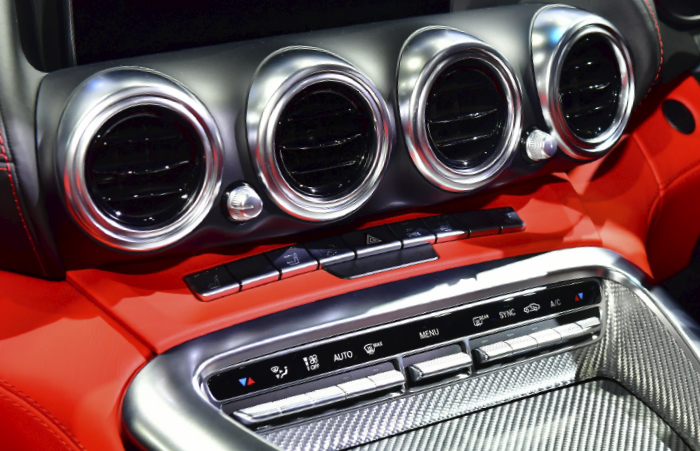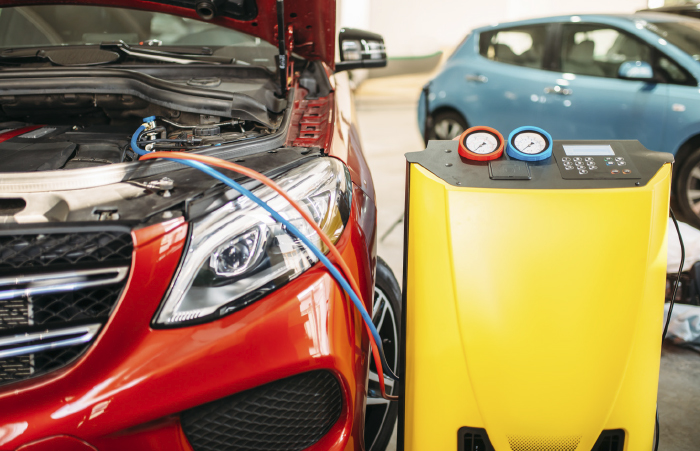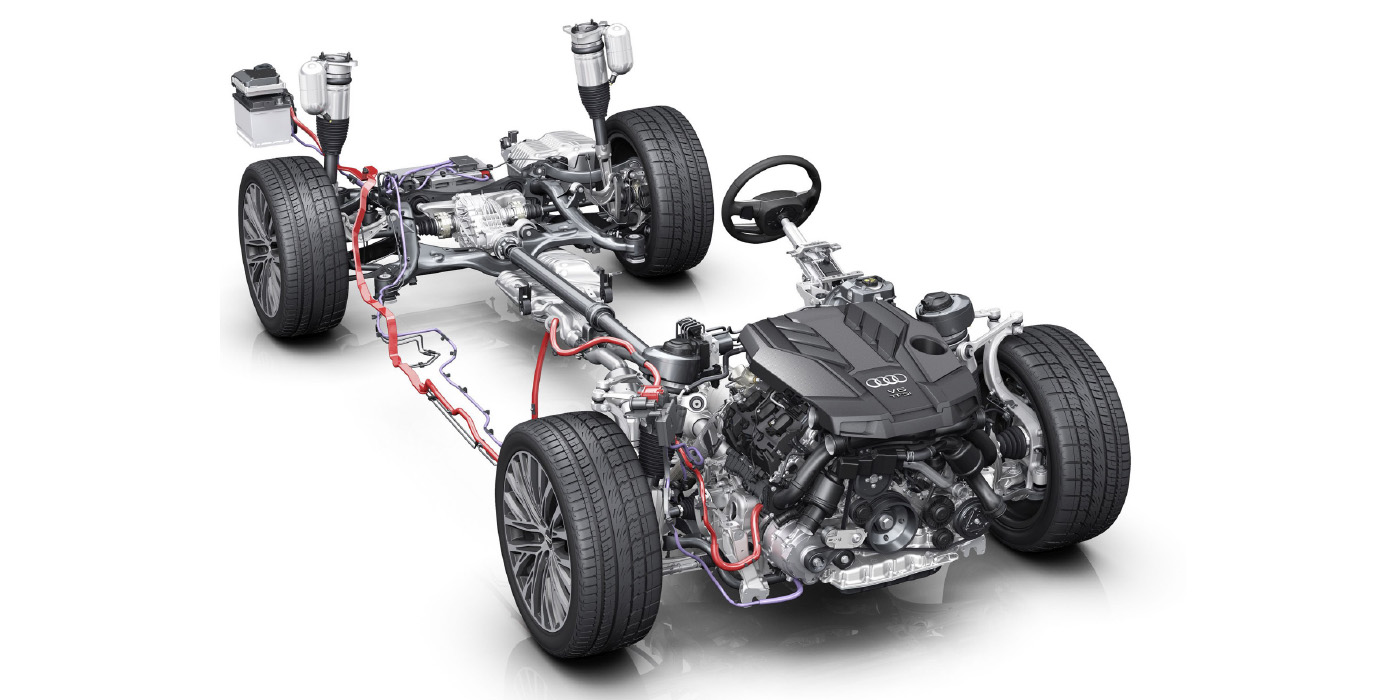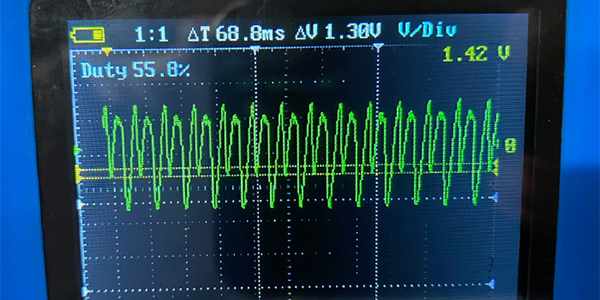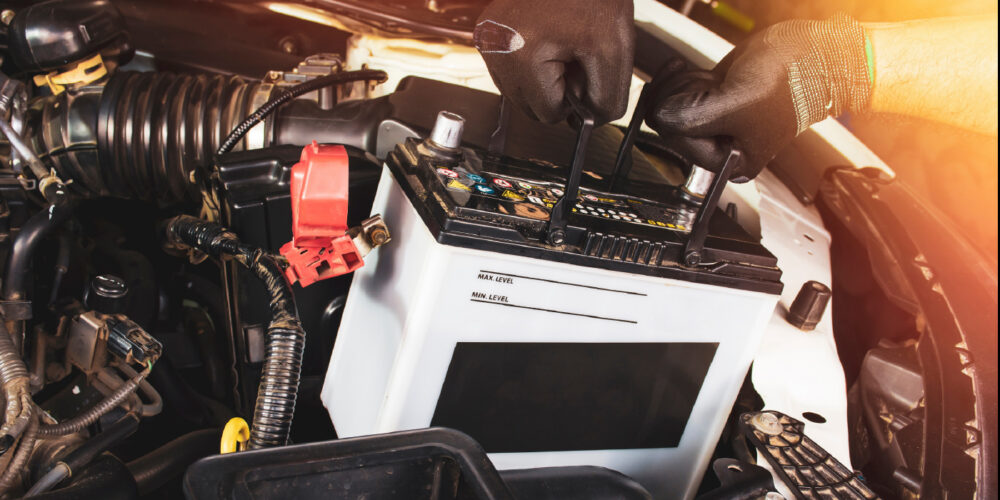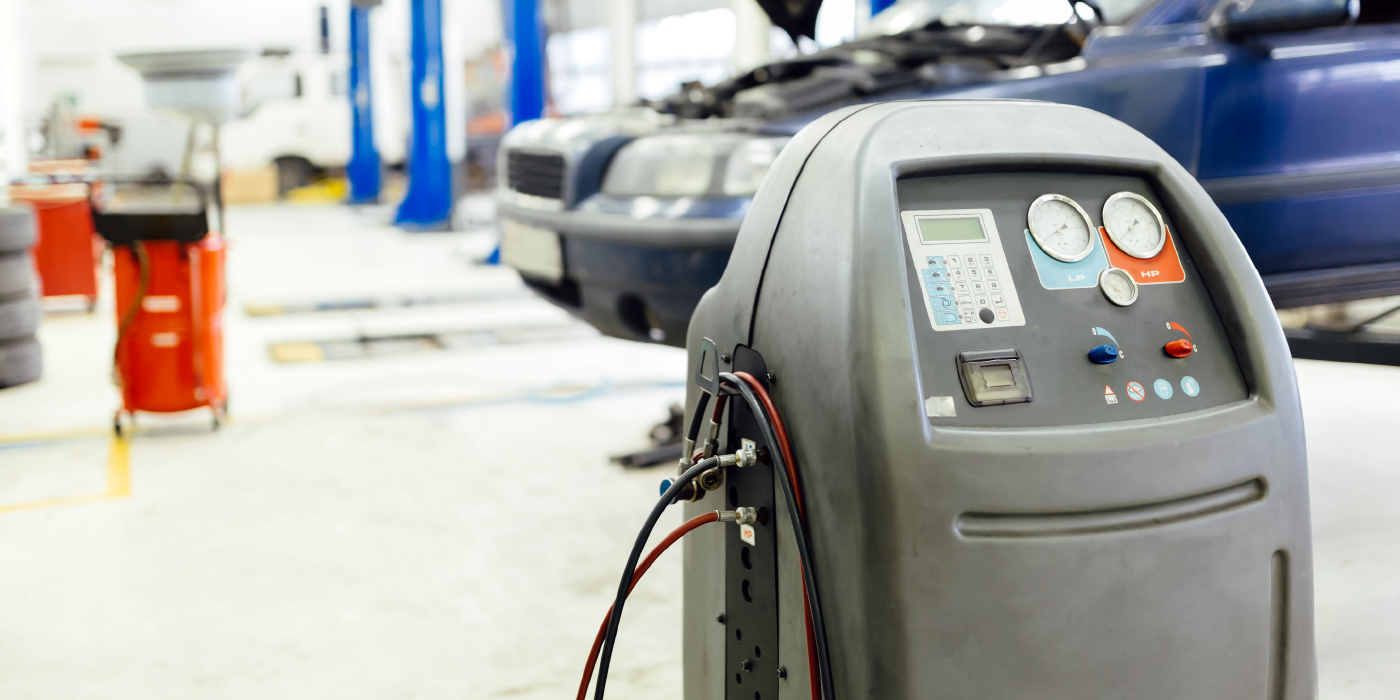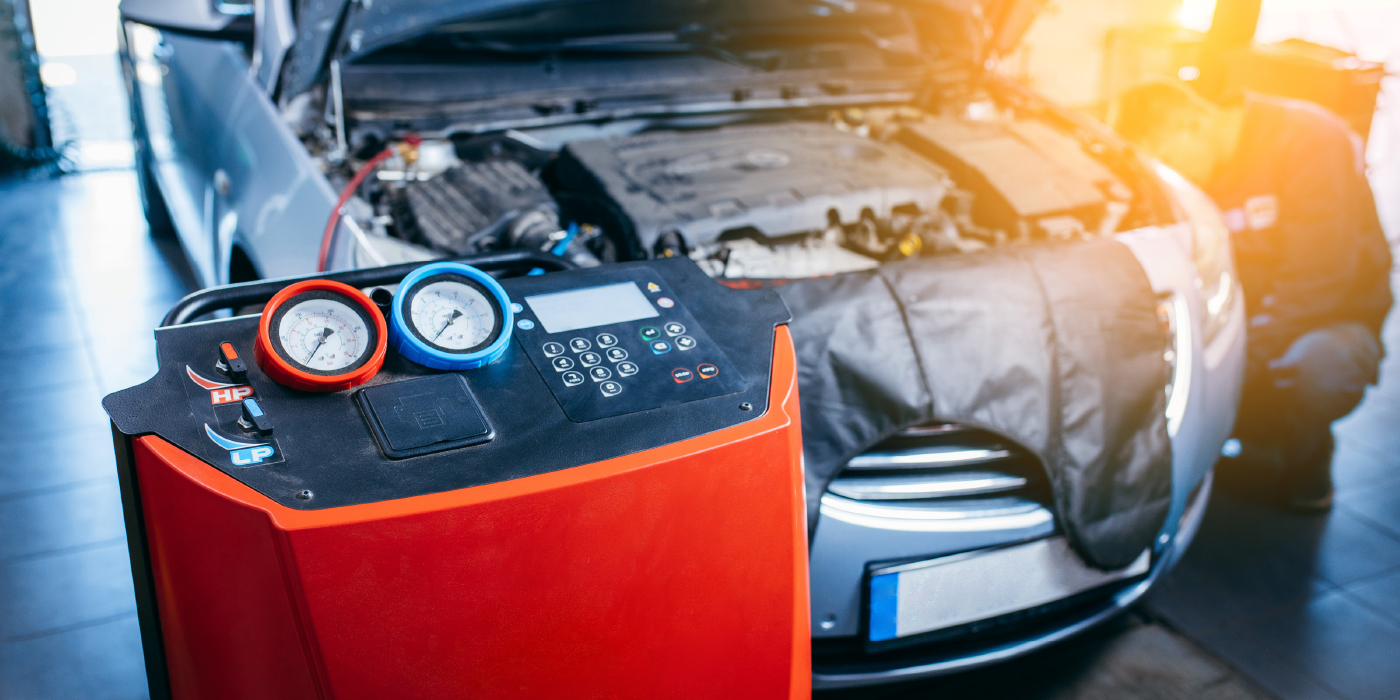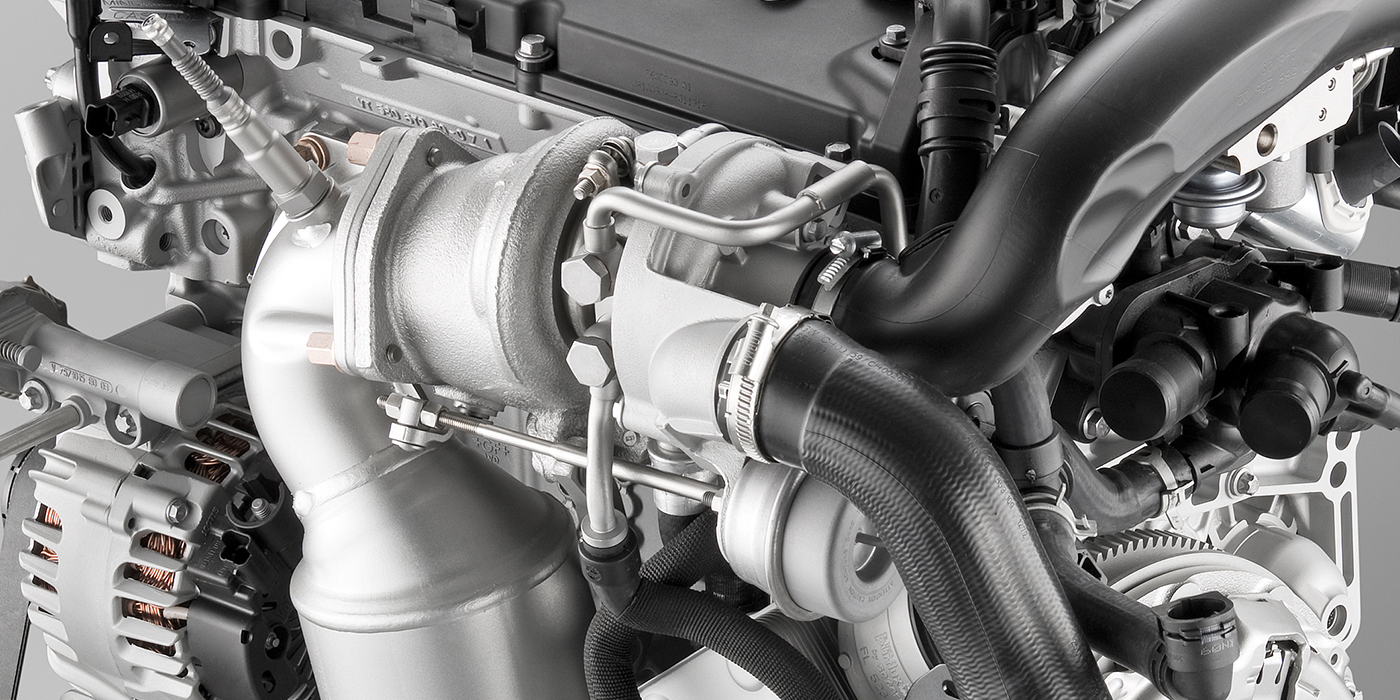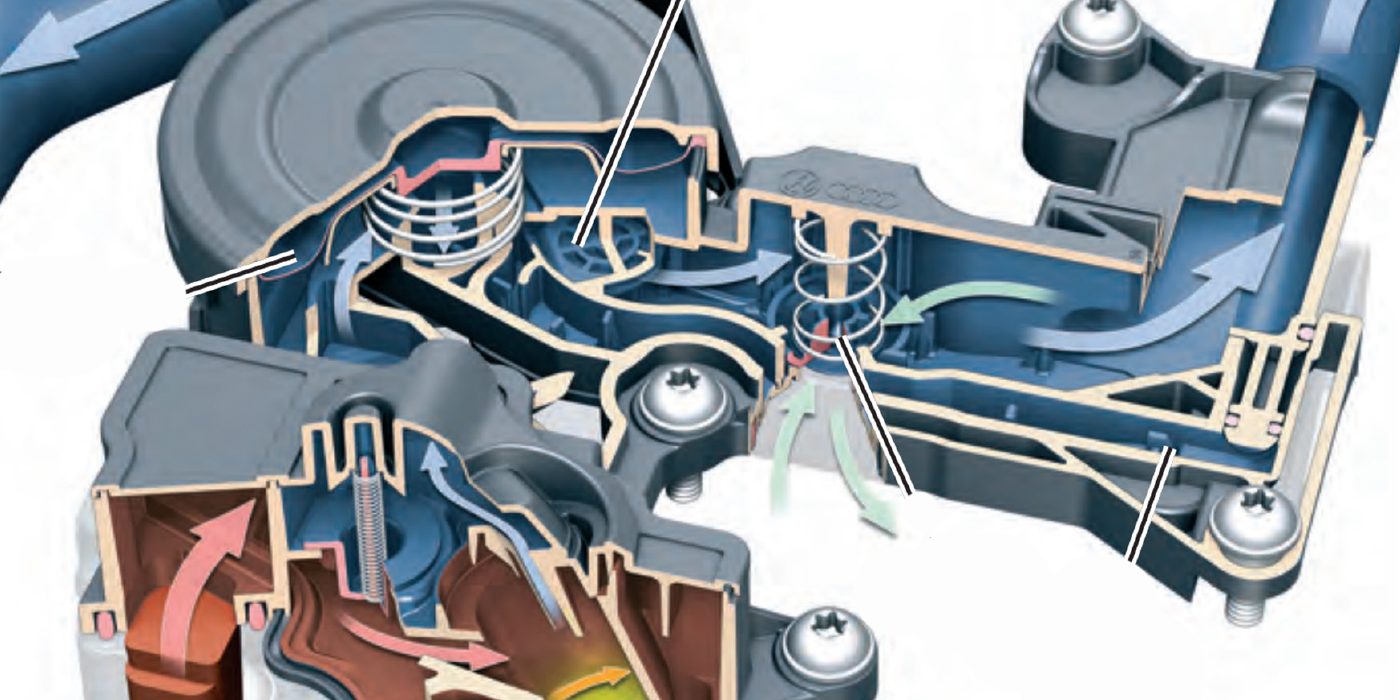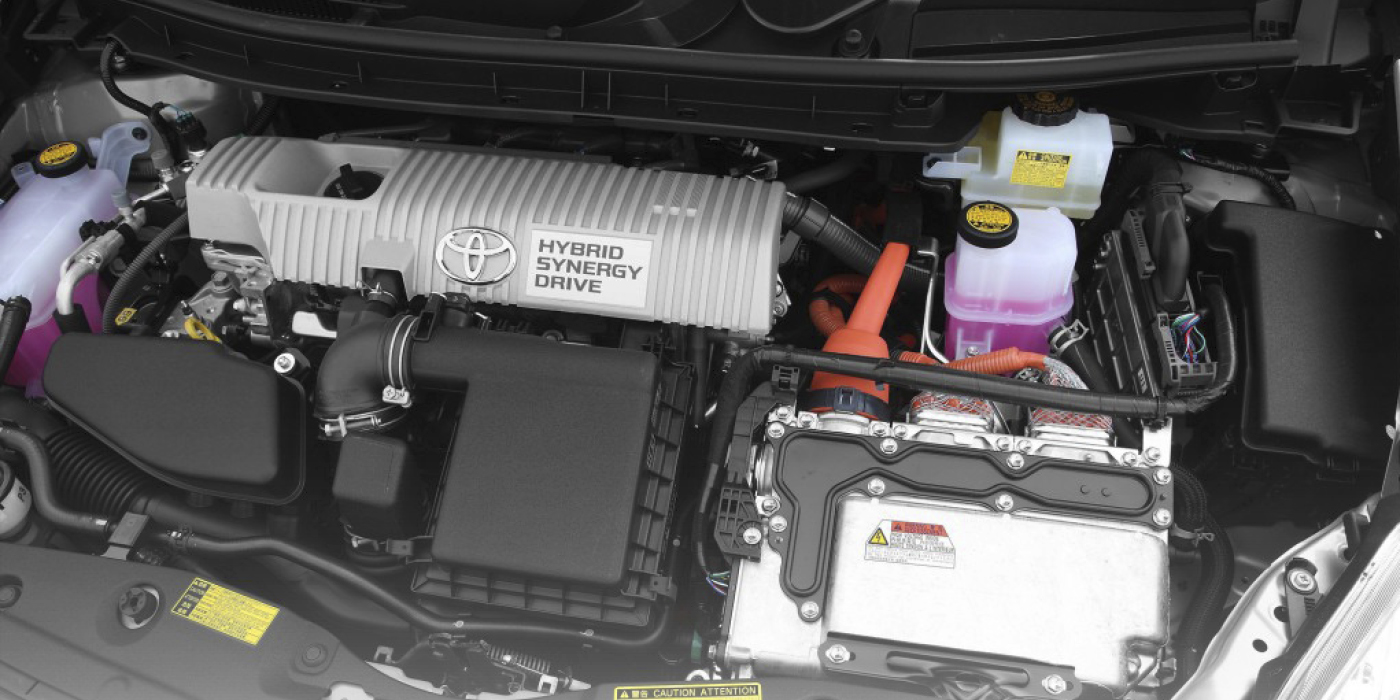As the summer approaches, we all know what will be coming: air conditioning repairs. Just like you’ll sell more wipers on a rainy day, you’ll never see more air conditioning complaints than on a hot, sunny day. As a former Mercedes-Benz technician, I can tell you that A/C complaints were very common at the dealership. So, what do you need to know about R-1234yf refrigerant in Mercedes-Benz vehicles?
What is R-1234yf?
To explain why we’re seeing R-1234yf becoming the industry standard refrigerant, we need to first talk about global warming potential (GWP). According to the EPA website, “GWP was developed to allow comparisons of the global warming impacts of different gases. Specifically, it is a measure of how much energy the emissions of 1 ton of a gas will absorb over a given period of time. The larger the GWP, the more that a given gas warms the Earth compared to CO2 over that time period. The time period usually used for GWPs is 100 years. GWPs provide a common unit of measure, which allows analysts to add up emissions estimates of different gases…”
So, policymakers and automakers are looking to reduce the carbon footprint of cars around the world. One way of doing that is by changing over to a refrigerant that is less harmful to the environment than the outgoing R-134a. How harmful is R-134a? It has a GWP rating of 1430. R-1234yf has a GWP rating of 4. You read that right, FOUR. With more and more vehicles on the road today, it makes sense for automakers to adopt this more environmentally friendly refrigerant.
R-1234yf lasts for only 11 days in the atmosphere compared to 13 years for R-134a. This, as well as the GWP rating, is why the EPA required automakers in the U.S. to use R-1234yf in all new systems by model year (MY) 2021. It’s important to note that some automakers were using R-1234yf as early as MY2014 to offset EPA penalties. So, R-1234yf isn’t exactly new, but it is still rather recent, and not everyone has worked on a vehicle with this type of refrigerant.
What Does This Mean For You?
Mercedes-Benz appears to have started phasing over to R-1234yf systems, at least in its European models. Here in the U.S., there were likely a few models which received the updated systems before the MY2021 mandate. This means that you need to keep your eyes out for R-1234yf labels under the hood, as this will have an impact on how you quote and perform the repair.
R-1234yf comes in at a higher price point when compared to R-134a, but exactly how much more will depend on the quantity that you’re purchasing and where you live in the country. This is another reason why it’s so important to know exactly which type of refrigerant you’re dealing with BEFORE you quote the job.
As for operating pressures, they are surprisingly similar. R-134a systems should register slightly lower pressures during operation than R-1234yf systems will, but they should be within a few percentage points of one another. This is nothing compared to the proposed R-744 (CO2) refrigeration systems which would run as much as 100 bar on the high side of the circuit!
R-1234yf Specific Tools
It almost goes without saying that you’ll need to invest in a refrigerant extraction tool that is designed to handle the newer R-1234yf refrigerant. R-1234yf and R-134a fittings are different sizes, but there are adapters out there that allow for R-134a hoses to connect to R-1234yf systems. We bring this up because we all know that sometimes our customers don’t know any better.
For instance, if your customer was to purchase these adapters and try to recharge their R-1234yf system with R-134a refrigerant, it could mean a BIG headache for you. This is exactly why we would recommend investing in an external tester that can identify the type of refrigerant which is present inside the system before connecting your expensive extraction machine.
Many R-1234yf extraction machines will weigh the refrigerant which is extracted, then draw a vacuum on the system and hold it for 20-30 minutes. This is a critical step and should not be bypassed! Instead, monitor the vacuum level inside the system and look to see if that level changes over time. This would indicate a leak somewhere in the system, and the machine may not allow you to charge the system if this is the case. This is to protect the environment, as well as your operating costs.
We would also recommend purchasing an external filter which can be installed in the hose set before the extraction machine. This gives you one more line of defense against contaminants or debris which may be present inside the system, and protects your expensive extraction machine from damage. This is especially important whenever working on a vehicle that experienced a compressor failure, which could have introduced metal debris into the system.




